Trump’s Budget Cuts Jeopardize Scientific Research and Force Experts to Consider Leaving the U.S.
President’s Initiative to ‘Make America Healthy Again’ Slashes NIH Funding, Endangering Research and Jobs
The Trump administration’s proposed budget cuts to the National Institutes of Health (NIH) threaten not only critical biomedical research but also the livelihoods of countless scientists, prompting many to consider leaving the United States.
A memo issued on January 27 by the Office of Management and Budget directed federal agencies to suspend funding allocations to ensure alignment with Trump’s policy goals, which include “eliminating ‘wokeness’ and government weaponization, promoting efficiency, and Making America Healthy Again.”
On February 7, the administration moved forward with a drastic policy that would slash NIH funding for research institutions by more than two-thirds. Although a federal judge has temporarily blocked the cuts, the uncertainty has left many scientists deeply concerned about their future. For many researchers, NIH grants are essential not just for advancing medical science but for maintaining their own employment.
Scientists in fields such as neuroscience, diabetes, autism, and virology have expressed deep distress over the potential loss of their life’s work. John Tuthill, who runs a neuroscience lab at the University of Washington in Seattle, underscored the gravity of the situation.
“For the last 50 to 75 years, the NIH has been the largest funder of biomedical research worldwide. Most major medical breakthroughs have, at some stage, been supported by NIH funding. As scientists, we have long relied on this system of long-term support,” Tuthill said.
His concerns grew when he traveled to Washington, D.C., for a scheduled NIH seminar on February 3, only to learn that the event had been canceled due to a Trump administration directive restricting communication between federal health agencies and the public. Although the ban was set to be lifted on February 1, it remained in effect.
“This pain being felt within the NIH is now trickling down to impact the rest of us,” Tuthill added.
With the potential collapse of his field, Tuthill is now reconsidering his future in the U.S. His parents had planned to move to Seattle to be closer to their granddaughter, but with such uncertainty, they are now hesitant. He, too, is exploring opportunities abroad.
“If scientific research in the U.S. deteriorates, it will be difficult for many of us to find work elsewhere,” he warned. “A large portion of the world’s top scientists are here, and other countries may not have the capacity to absorb us.”
Haroon Popal, a postdoctoral researcher at the University of Maryland, echoed similar concerns, fearing that his academic career may come to an abrupt end.
“I’m not a full professor yet. I haven’t fully established myself as an independent scientist. Losing these grants could mean an entire generation of scientists won’t be able to continue their research,” Popal said.
After multiple attempts, Popal had finally secured an NIH grant to study brain development and autism, allowing him to continue working while staying close to his ailing father. However, this grant—part of an NIH initiative to promote diversity, equity, and inclusion (DEI) in neuroscience—was eliminated as part of the administration’s broader rollback of DEI programs.
Popal, who has always prioritized impactful work over financial gain, is now reluctantly seeking data science jobs outside of academia. The options, such as corporate HR analytics, are far from what he had envisioned. Though he has family in Canada and is contemplating a move there, he remains his father’s caregiver and does not want to leave him.
July Pilowsky, a researcher studying bird flu at the Cary Institute, is already applying for visas to work remotely from Spain.
“To be honest, as a transgender scientist, I fear that I’ll face discrimination simply because of who I am,” Pilowsky said.
Although they hope to continue their research abroad, the cuts to NIH funding could jeopardize future advancements in their field. Bird flu research is particularly critical, as a novel strain could pose a significant threat to human health.
“I don’t want to cause panic, but we have to acknowledge the uncertainties around bird flu,” Pilowsky said. “If it evolves to spread between humans, it could be far deadlier than Covid. The current strain is more lethal and persists in the environment for longer.”
The administration’s decision to withdraw from the World Health Organization (WHO) has further hindered global cooperation on bird flu research.
“Viruses don’t recognize national borders,” Pilowsky explained. “We need international coordination to track and understand emerging threats.”
Luke Norton, an assistant professor studying diabetes at the University of Texas, is now considering returning to the United Kingdom, his country of birth. However, he worries that he may not be able to continue his research there.
“The U.S. is the epicenter of type 2 diabetes research,” Norton said. While he acknowledges that he is fortunate to have another country to return to, the idea of leaving is disheartening.
“I don’t really want to go back,” he admitted. “I’ve dedicated years to building my career here. I’m now a U.S. citizen. My family and children are here. It’s devastating to think of leaving it all behind.”
The Trump administration’s NIH cuts have cast a long shadow over the future of American scientific research. As scientists grapple with their uncertain futures, the broader implications of these funding reductions could reverberate for generations to come.

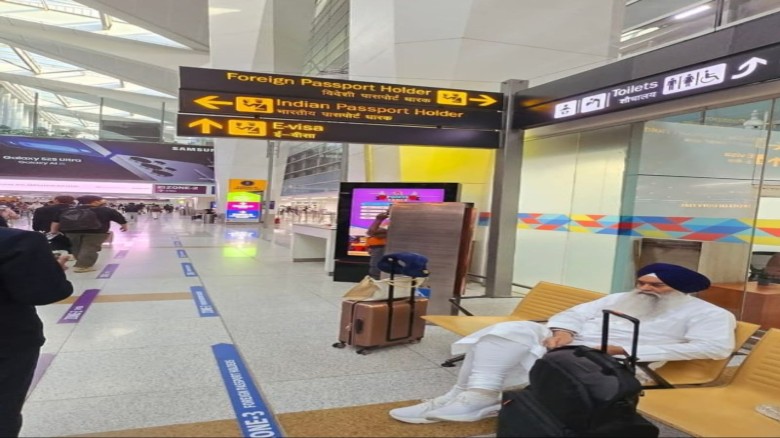

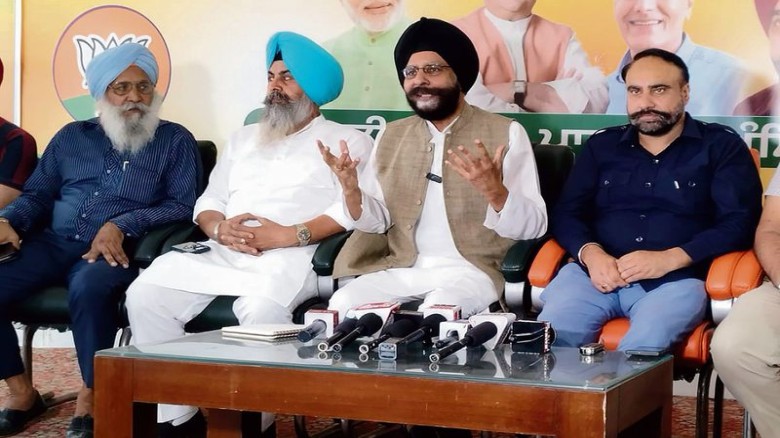
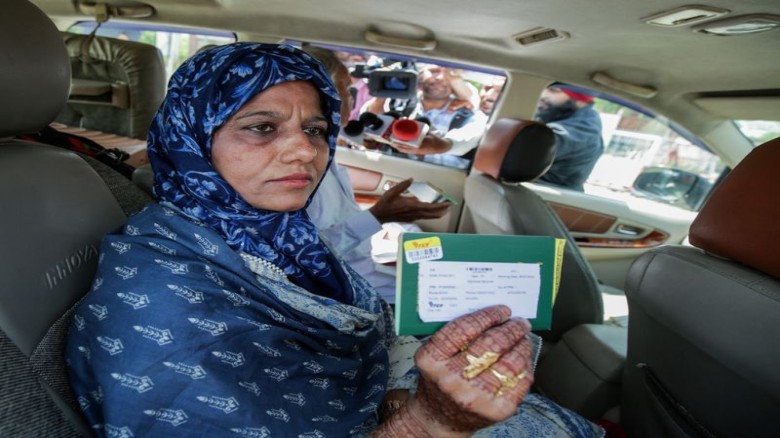
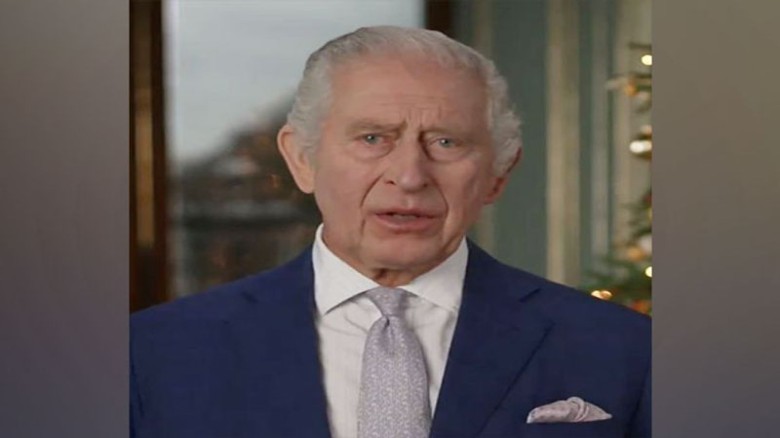
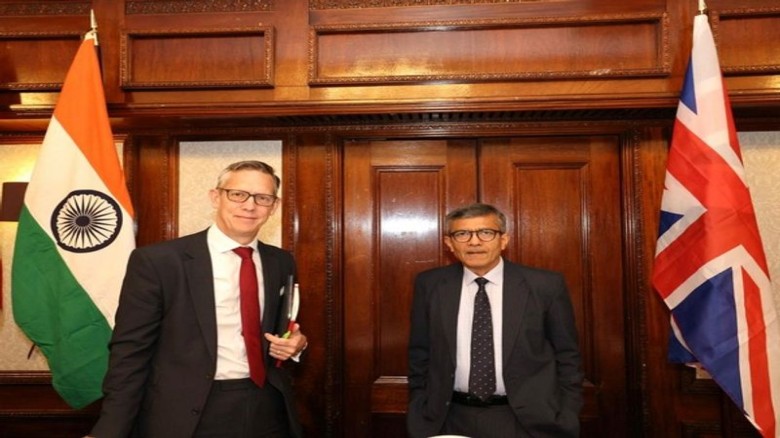

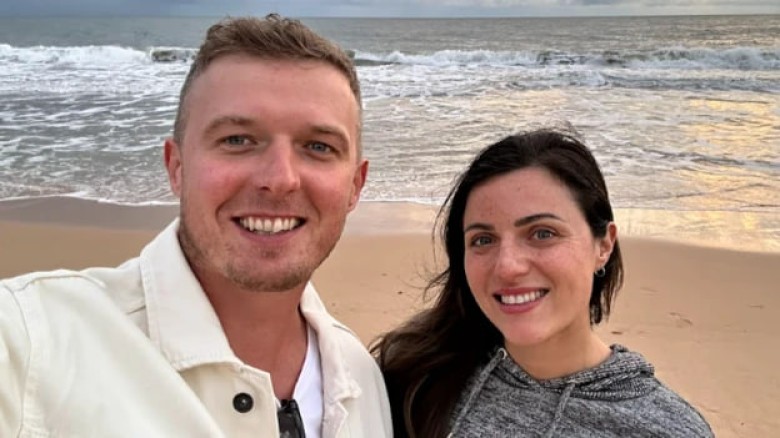
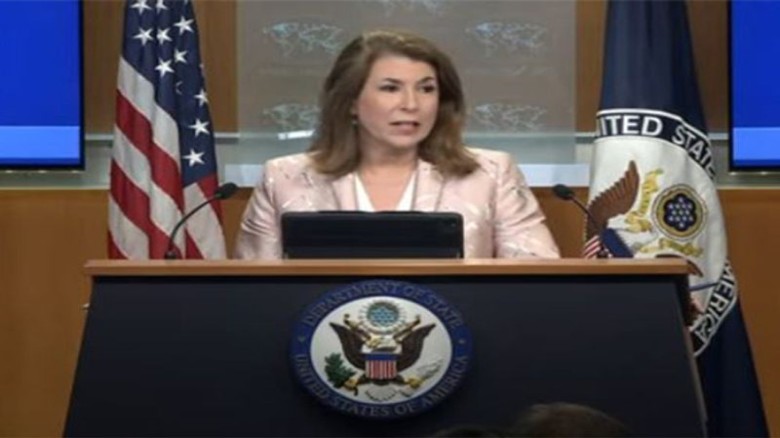
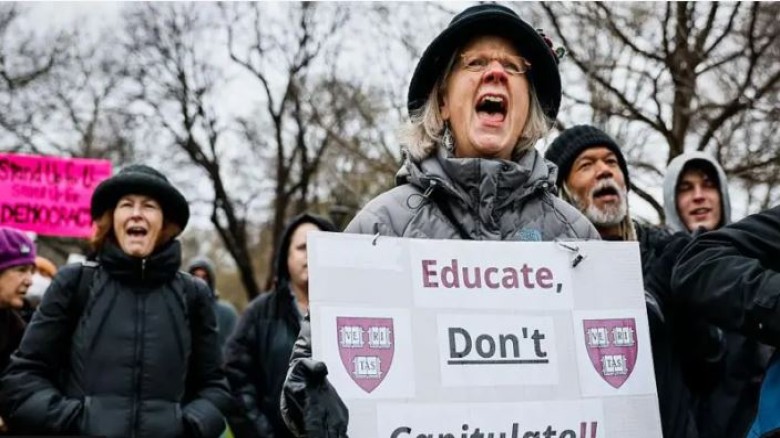
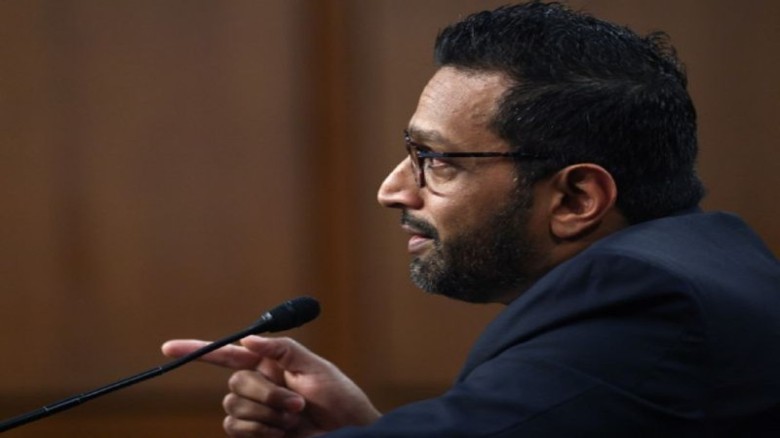



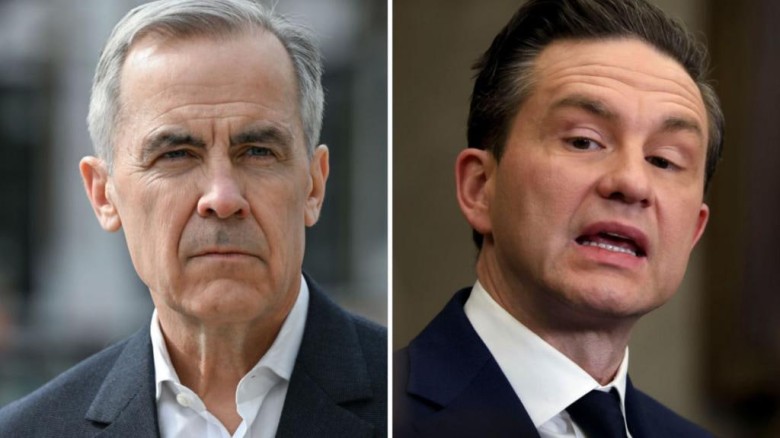
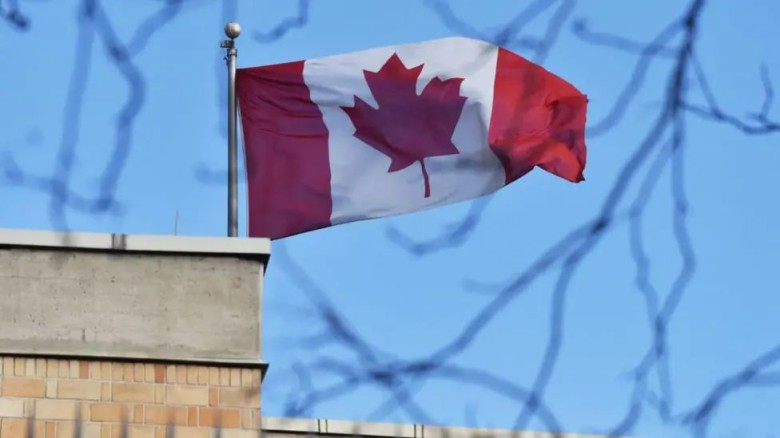





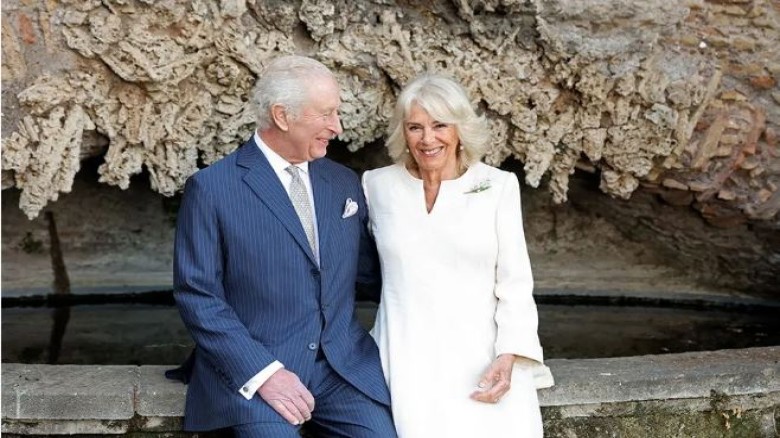

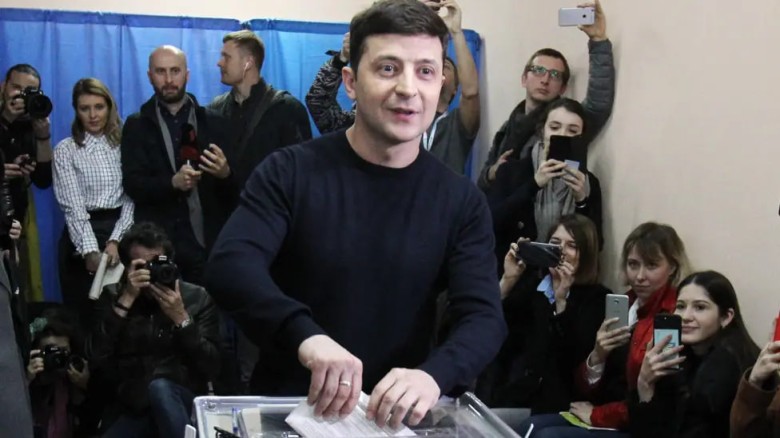










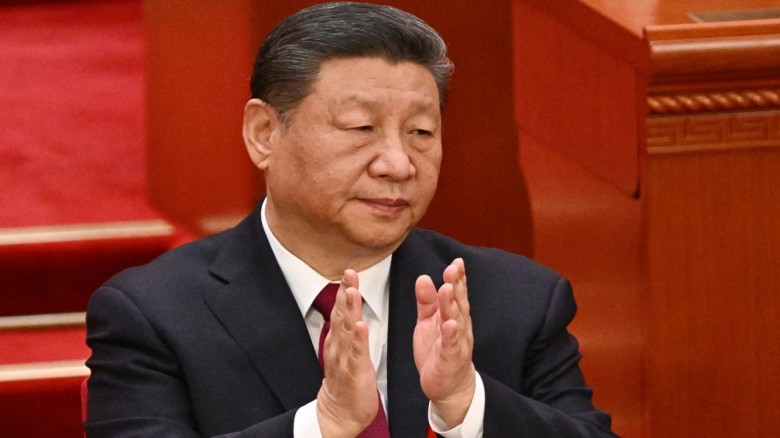

































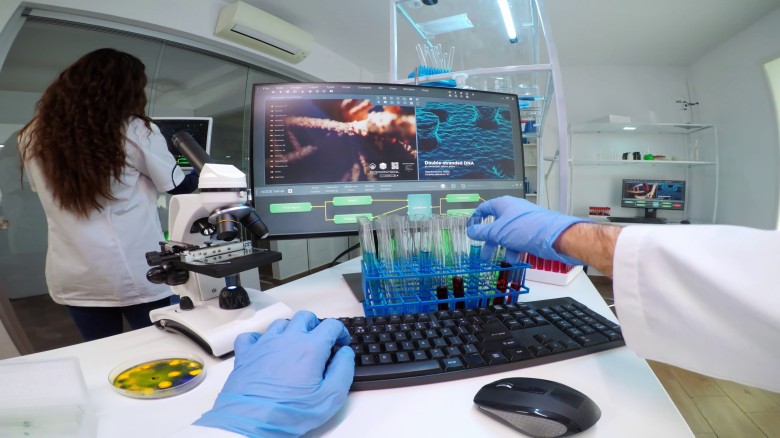


Leave A Comment